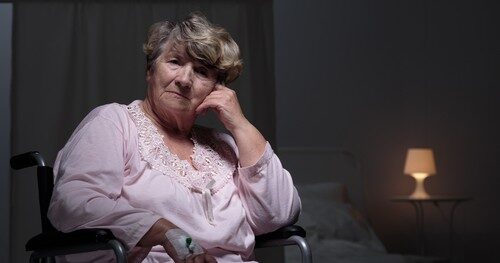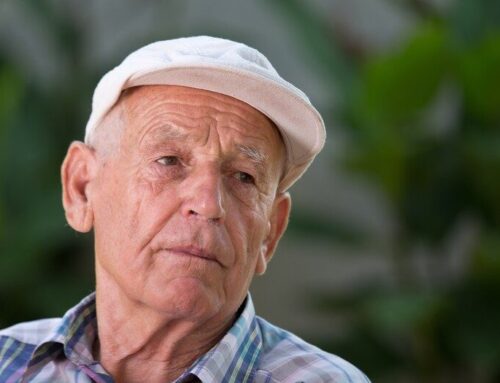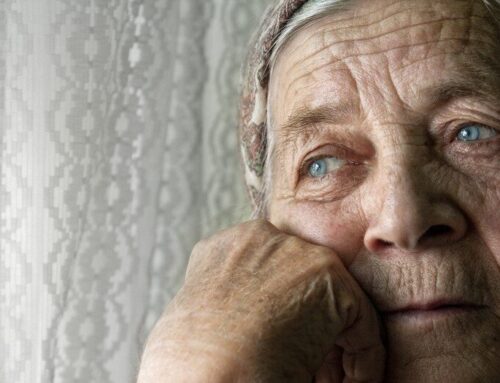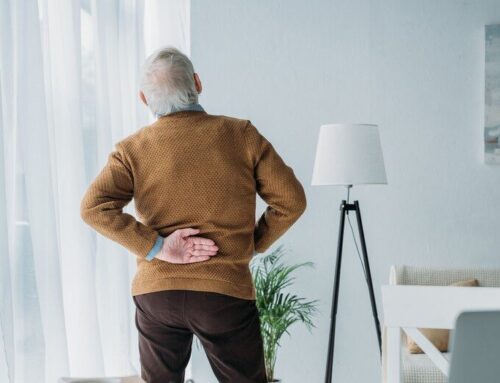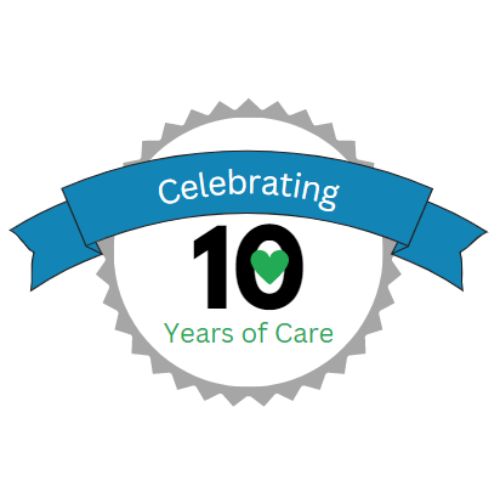We want to make sure that our aging loved ones are doing so happily. But, depression and the elderly are a pair seen all too often. Aging doesn’t have to bring about depression. In fact, there are a few things that families of aging individuals can do to prevent developed depression. Depression and the elderly don’t have to become the norm and family efforts can help!
What is Depression?
To determine if you or a loved one is struggling with depression, it’s good to know what it really is first. Depression is not just a state of sadness, it’s a chronic sadness that lasts for weeks. Symptoms of depression often include:
- Suicidal thoughts or actions
- Apathy for past interests
- Loss of energy
- Mood swings
- Decreased focus and concentration
- Unhealthy sleep patterns
- Malnourishment or overeating
- Anxiety
The Risks for the Pairing of Depression and the Elderly
According to the Centers for Disease Control and Prevention, “older adults are at an increased risk for experiencing depression.” Also recorded by the CDC is that 50% of older adults have been diagnosed with a chronic condition. And, 80% of older adults have been diagnosed with two or more chronic conditions. With every diagnosed chronic condition, the risk of developing depression increases. This is because health conditions may interfere with everyday tasks and functionality. Additionally, many aging individuals may not be diagnosed with depression because it is seen as a result of either getting older or experiencing health issues. So, although many aging individuals may be struggling with depression, many don’t get the help they need to get better.
Fortunately, although aging individuals may be at a higher risk for depression, the truth is that the majority aren’t. But, that doesn’t mean that we shouldn’t be aware of our aging loved one’s mental health. Especially if they have been diagnosed with chronic health conditions. If your loved one is exhibiting symptoms of depression or has been diagnosed with depression, there are a few things you and your family can do to help.
Options for Dealing with Depression and the Elderly
Remain in Contact: Many times, the elderly will develop symptoms of depression as a result of loneliness. Aging comes with inevitable negatives that may include the loss of a spouse, diagnosed health problemsand loss of function to perform daily tasks. These symptoms of aging can make one feel alone. Let your aging loved one know that they aren’t alone by reaching out frequently and scheduling visits. A five-minute phone call, while only a taking a moment of your day, could mean the world to an elderly family member. Not only can you attempt to remain in contact, but you can enlist your other family member to do so as well.
Community Involvement:Social interaction is mentally stimulating and can greatly help anyone suffering from depression. Check out your community events and organizations to see if they offer events for senior citizens. These events may be a great change of pace from the daily routine. Also, they are a good outlet to find like-minded individuals who may end up becoming dear friends.
Teach Technology:With the advancements in recent years with social media and other internet resources, it’s so much easier to keep in contact with loved ones. But, elderly individuals may not understand technology to be able to accurately use these resources. Take the time to educate your aging loved one on how to utilize these services so that they can actively seek social interaction for themselves.
Invest in a Caregiver:In-home caregivers not only provide needed services around the house and help with medication. They also offer compassionate support. They may offer services like setting up social gatherings, writing letters and managing social media accounts. Additionally, they may make going to social events more possible by providing transportation. If you think that a caregiver could be a great help to your aging loved one struggling with depression, Florida First may be able to help. We offer a referral service that refers to families licensed and registered nurses and caregivers.
To find out more about our home caregiver referral service, please give us a call today at 561-771-5980.

